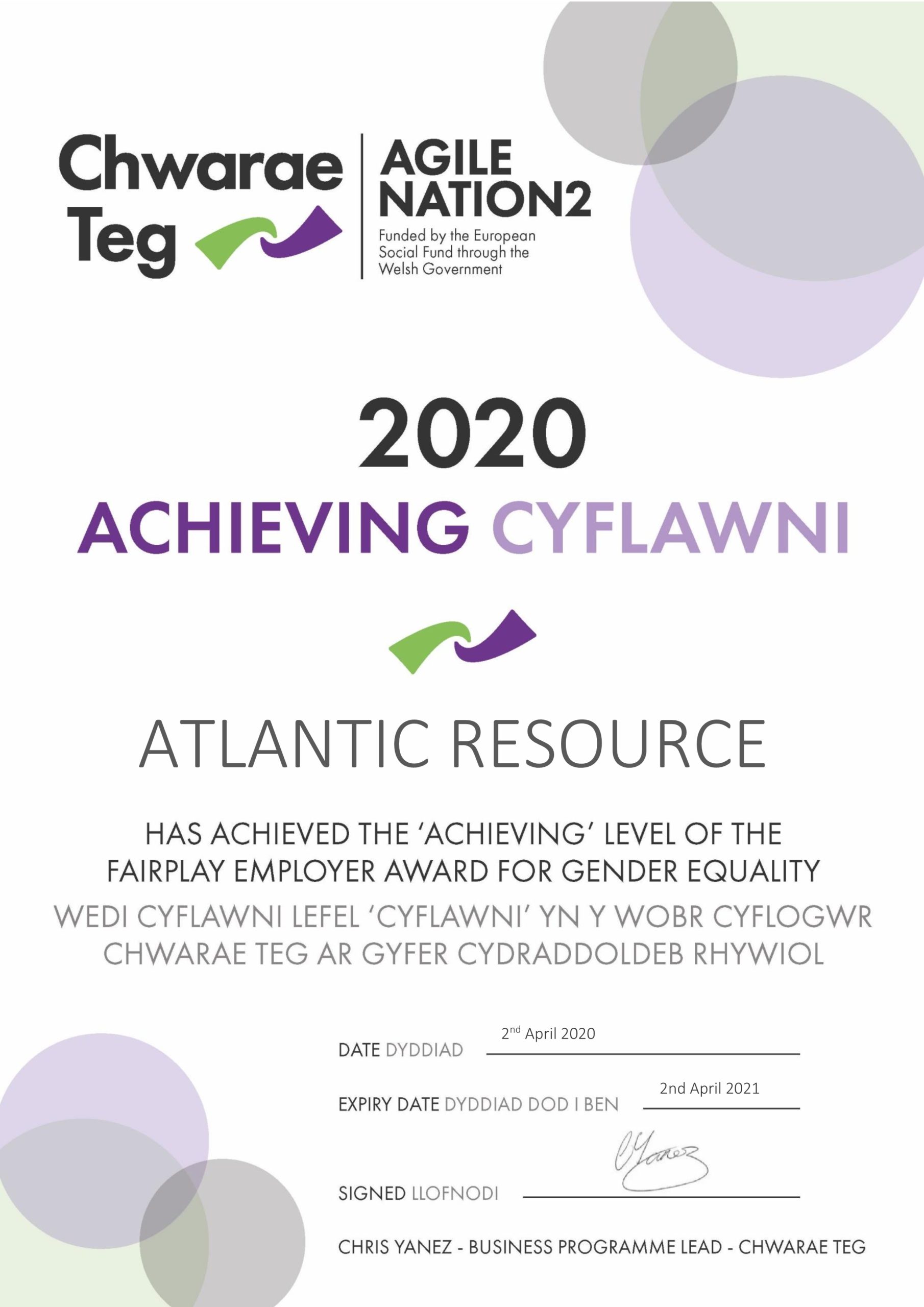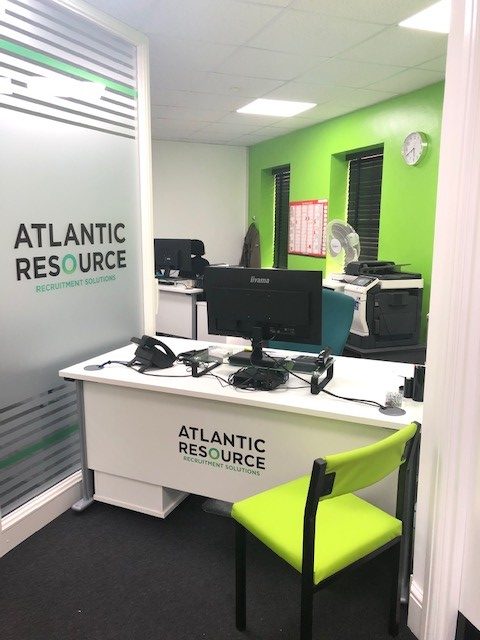We all know that the world of work is as competitive as ever, despite the latest unemployment figures showing a seven year UK low. It never means that getting a job is easy. For this reason, if you’re a job seeker, it’s worth job spending a little time thinking about the reasons why you, yes you, will get hired.In this blog post we look at a few popular reasons why people get hired, but there are no hard and fast rules. People get hired for all sorts of reasons. Simple luck, knowing the right people or recruiter, and your competition on the day can all be a factor.Either way it’s best not to just leave things to chance at interview. 1. A solid CVYou need to look at yourself from someone else’s perspective. Why and how will you bring value? Your first foot in the door is a strong CV with impact. Think about the type of people who will read it, and the industry you’re targeting.There are plenty of templates available online and even within basic software packages. Make sure it’s up to date with relevant skills and experience, and be sure to sing your own praises. Include appropriate professional achievements which you’re proud of.2. Your online identityThink about everything you do online, because there’s a chance you will be Googled. Review your privacy settings, consider your LinkedIn profile and a general professional ‘face’ – as well as your personal online presence.Getting it right and appearing knowledgeable and passionate about your chosen industry can reap rewards. Think about blogs and groups, contribute to a forum or two and seek out recommendations from contacts. This will all help to expand your network, as well as improve your credibility.3. Skills and experienceThese should be the core reasons why you’ll get hired: having the right level of skills and experience to do a specific job. A hiring manager doesn’t want to give someone a job, then spend 6 weeks holding your hand. Job seekers hear the term “hit the ground running” a lot, (often by recruiters). This is because most employers want new staff to crack straight on with a job, supported by their skills and experience. It’s not because they want new staff to perform an acrobatic landing manoeuvre.Obviously it can be tough to demonstrate that you do have the necessary skills and experience if you’re lacking in some areas. But enthusiasm goes a long way. If you can show commitment and really push the relevant experience you do have, together with a willingness to keep developing, you never know.4. Versatility and loyaltyEmployers want staff they can trust. They usually want you to invest in the organisation, and your future with them. It can be harder if you’re at the early stages of a career, but not impossible.Being versatile also helps, having openness to experience other departments or locations, adopting a ‘can do’ attitude. A bright and positive demeanour from the outset might bend things in your favour. If you’re speaking about commuting distances and other commitments outside work, it might not.5. LikeabilityThe truth is that most shortlisted candidates will have suitable and roughly similar skills and experience. Most will be able to do the job. This is where other factors come into play, and simply getting on well with your interviewer can be really helpful. You can never know if you’ll connect with an interviewer beforehand. Everyone is different, sometimes the chemistry just isn’t right, and there’s no point beating yourself up about that. But if you are able to make that connection, and show you can fit comfortably with a new group of people, it will be really helpful and you’ll stick in the mind.Employers want to like their staff, and be confident that staff are reasonably happy in their work. It helps to foster dedication and flexibility. Working effectively with different people is often important to success in any industry.6. PerformanceArticulating how you can deliver what your CV says you can deliver, and how you have delivered it before: this can be critical is getting an offer. Before an interview, think hard about similar experience and how you excelled in any given situation, whether it was in organising a team, preventing damage, a creative idea that positively influenced an outcome. Write down some notes to help you remember the examples.It can be extremely powerful to confidently explain how you’ve been great before and how you can be great again, providing you’re not cocky with it. Again, it’s about clearly showing the value you can bring to the employer.Get in touch with us at Atlantic Resource if you’re seeking new temporary or permanent roles in construction, office administration, catering or care.
1. A solid CVYou need to look at yourself from someone else’s perspective. Why and how will you bring value? Your first foot in the door is a strong CV with impact. Think about the type of people who will read it, and the industry you’re targeting.There are plenty of templates available online and even within basic software packages. Make sure it’s up to date with relevant skills and experience, and be sure to sing your own praises. Include appropriate professional achievements which you’re proud of.2. Your online identityThink about everything you do online, because there’s a chance you will be Googled. Review your privacy settings, consider your LinkedIn profile and a general professional ‘face’ – as well as your personal online presence.Getting it right and appearing knowledgeable and passionate about your chosen industry can reap rewards. Think about blogs and groups, contribute to a forum or two and seek out recommendations from contacts. This will all help to expand your network, as well as improve your credibility.3. Skills and experienceThese should be the core reasons why you’ll get hired: having the right level of skills and experience to do a specific job. A hiring manager doesn’t want to give someone a job, then spend 6 weeks holding your hand. Job seekers hear the term “hit the ground running” a lot, (often by recruiters). This is because most employers want new staff to crack straight on with a job, supported by their skills and experience. It’s not because they want new staff to perform an acrobatic landing manoeuvre.Obviously it can be tough to demonstrate that you do have the necessary skills and experience if you’re lacking in some areas. But enthusiasm goes a long way. If you can show commitment and really push the relevant experience you do have, together with a willingness to keep developing, you never know.4. Versatility and loyaltyEmployers want staff they can trust. They usually want you to invest in the organisation, and your future with them. It can be harder if you’re at the early stages of a career, but not impossible.Being versatile also helps, having openness to experience other departments or locations, adopting a ‘can do’ attitude. A bright and positive demeanour from the outset might bend things in your favour. If you’re speaking about commuting distances and other commitments outside work, it might not.5. LikeabilityThe truth is that most shortlisted candidates will have suitable and roughly similar skills and experience. Most will be able to do the job. This is where other factors come into play, and simply getting on well with your interviewer can be really helpful. You can never know if you’ll connect with an interviewer beforehand. Everyone is different, sometimes the chemistry just isn’t right, and there’s no point beating yourself up about that. But if you are able to make that connection, and show you can fit comfortably with a new group of people, it will be really helpful and you’ll stick in the mind.Employers want to like their staff, and be confident that staff are reasonably happy in their work. It helps to foster dedication and flexibility. Working effectively with different people is often important to success in any industry.6. PerformanceArticulating how you can deliver what your CV says you can deliver, and how you have delivered it before: this can be critical is getting an offer. Before an interview, think hard about similar experience and how you excelled in any given situation, whether it was in organising a team, preventing damage, a creative idea that positively influenced an outcome. Write down some notes to help you remember the examples.It can be extremely powerful to confidently explain how you’ve been great before and how you can be great again, providing you’re not cocky with it. Again, it’s about clearly showing the value you can bring to the employer.Get in touch with us at Atlantic Resource if you’re seeking new temporary or permanent roles in construction, office administration, catering or care.






